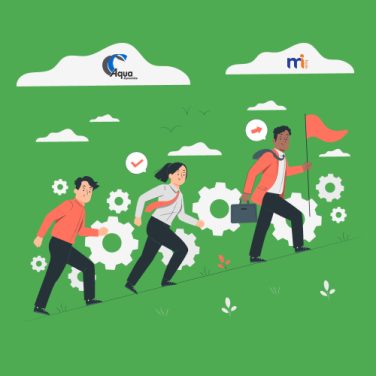Key HR system features
As companies grow, so do their HR needs – and traditional methods of handling HR tasks simply cannot keep up.
Modern HR systems, on the other hand, offer an extensive host of features that effortlessly meet the diverse needs of businesses, large and small.
So, what does a stellar HR system really do?
By automating complex tasks and integrating essential HR functions, it enables companies to focus on strategic initiatives instead of drowning in administrative burdens, while enabling employers and employees to interact more dynamically.
Let’s explore the essential features to look for and considerations to keep in mind when commencing a digital HR journey, which will empower you to choose the right solution for your business.
Centralised database
A centralised database is a cornerstone of an excellent HR system, acting as a secure and cohesive repository for all employee-related information. Consolidating data – such as personal details, employment history, and performance records – allows HR departments to streamline operations and make informed decisions swiftly.
Employee Self-Service (ESS) portals
Cloud-based capability
Integration with payroll systems
HR analytics and insights
Scalability and growth
User interface and accessibility
Integration with business tools
HR systems should integrate effortlessly with a company’s existing suite of business tools, such as project management software. This is crucial for maintaining a consistent flow of data across various departments and ensuring that all tools work harmoniously.
Security and data protection
Role-based access control
Automated compliance tools
Talent management
Onboarding and offboarding
Compensation and benefits administration
Using strategic compensation and benefits tools, HR departments can adjust budgets, establish clear remuneration policies, and align employee compensation with performance metrics, supporting better workforce planning and satisfaction.
Cost vs. capabilities

When choosing an HR system, it’s essential to balance the cost against the capabilities offered.
A modern HR system must also be scalable to grow with your business.
MiHCM Lite, for instance, offers flexibility for small teams, whereas Perusahaan MiHCM scales to larger operations with ease.
While a more affordable system may seem appealing, it’s vital to ensure that it offers robust features that cater to your specific HR needs.
On the other hand, a higher-priced system should justify its cost with comprehensive functionalities that align with your business goals.
Consider future expansion plans as well, as spending a little more now might save tremendous costs in the future.


